Coronavirus: We won't surrender North to hardship, mayor vows
- Published
Andy Burnham: "This package is insufficient to protect our communities"
People will not be surrendered to hardship, Greater Manchester mayor Andy Burnham has said, as the government prepares to bring in new restrictions in England to slow the spread of Covid.
Labour mayor Mr Burnham said the chancellor's pledge to pay two-thirds of workers' wages if restrictions force UK firms to close was "insufficient".
The government is planning to bring in a three-tier local lockdown system.
It could mean tougher rules in parts of northern England and the Midlands.
Liverpool, where there are currently 600 cases per 100,000 people, is expected to be placed under the most severe set of restrictions, with all the city's pubs forced to close.
On Saturday, 15,166 people in the UK were reported to have tested positive for coronavirus - an increase of 1,302 on Friday's figure - according to the government's dashboard, external.
There were a further 81 deaths - a decrease of six on Friday.
In a joint press conference with other mayors from northern England, Mr Burnham said negotiations about the lockdown in the North of England were ongoing but he was told by a "senior figure in Number 10" that the proposed financial help was "non-negotiable".
"I'm angry actually about being told the effect on people's lives is non-negotiable," he said.
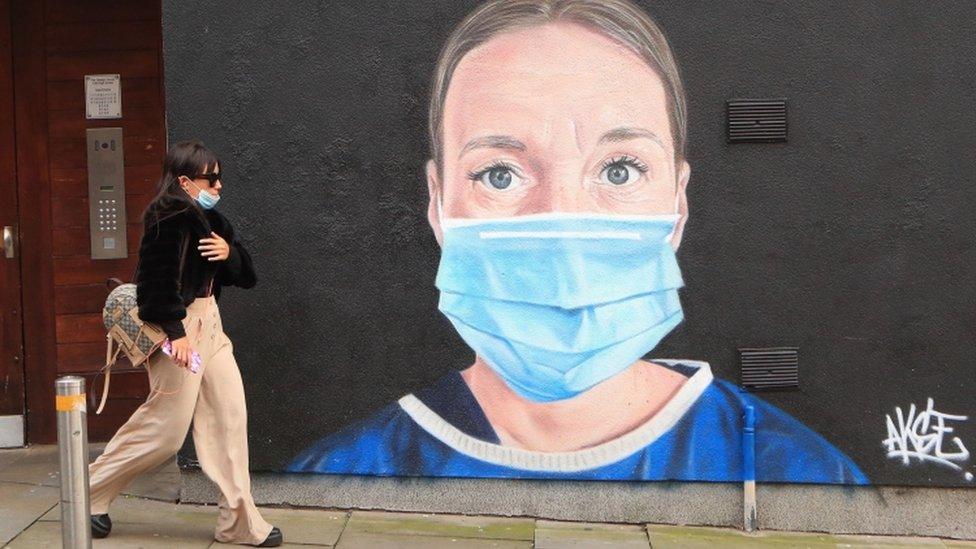
He added that the chancellor's plans would hit the lowest paid - those on minimum or living wages. "These people can't choose to pay two-thirds of their rent or two-thirds of their bills," he said.
"To accept the chancellor's package would be to surrender our residents to hardship and our businesses to failure or collapse - and we are not prepared to do that," he added.
Referring to the chancellor's previous furlough scheme, Steve Rotheram, the Labour mayor of Liverpool City Region, said: "If 80% was right in March, it's right now. You can't do lockdown for the North on the cheap."
He said if the new restrictions were as severe as during the national lockdown in March, a similar sort of package was needed.
Mr Burnham said he wanted the minimum package to be 80% of workers' wages, in line with the initial national furlough scheme.
Mr Burnham and Mr Rotheram, together with mayors from Sheffield and North of Tyne, have written to all MPs in northern England asking them to call for a separate vote in Parliament on the chancellor's latest package - and to reject it.

Those who have long argued that mayors provide the best model for the leadership of a city often point to what they see as their principal advantage: a widely known figurehead locally, who can stand up for you nationally.
Today, we have seen that in action.
Party politics plays something of a role here: all four of the mayors making their case today represent the Labour Party, all four have sharpening critiques of the Conservative government at Westminster.
But, at the same time, about 30 Tory MPs from northern England have got together.
They are the intriguingly named Northern Research Group of Conservative MPs.
If that name sounds a little bit familiar, maybe you're remembering the European Research Group of Conservative MPs, who proved to be a never ending political migraine for former Prime Minister Theresa May.
They're promising they're not about "giving government a bad time".
But they pointedly observe: "We don't form a government unless we win the North."
Ministers counter that financial support for the North of England and elsewhere is unprecedented and wide ranging.
The big question now is what happens on Monday when the prime minister addresses the Commons: what do the restrictions look like, what support will be offered, and to whom?

Mr Burnham said he would not rule out a legal challenge and did not accept hospitality workers were "somehow second-class citizens".
"This goes to the heart of everything we care about - the north of England is staring the most dangerous winter for years right in the face.
The chancellor's announcement that the government would pay two-thirds of employees' wages for six months from next month if their firm is forced to shut by law because of coronavirus restrictions came on Friday afternoon.
In response to the criticism from some mayors of the scheme, a government spokesman said: "Ministers are continuing to work closely with local leaders on how we can combat coronavirus together.
"We will keep all financial support under review to support businesses who need it most and protect jobs over the coming weeks and months."

SOCIAL DISTANCING: How have rules on meeting friends changed?
FACE MASKS: When do I need to wear one?
TESTING: How do I get a virus test?

Under the new restrictions, expected to be detailed by the prime minister in a statement to MPs on Monday, pubs and restaurants could be closed in areas where some of the highest numbers of cases are occurring and a ban on overnight stays is also being considered.
A senior adviser to Boris Johnson has written to MPs representing constituencies in the North of England to confirm that some areas were "very likely" to be placed under "further restrictions".
In the letter seen by the BBC, Sir Edward Lister said ministers would hold discussions with local authorities in the region during the weekend.
It has been suggested that the most severe measures - imposed for areas in tier three - would be agreed with local leaders in advance. However, on Saturday, northern mayors said there had been conversations with Downing Street but little consultation.
The details of each tier, including the level of infection at which an area would qualify for it and the nature of the restrictions, are being debated this weekend.
It comes as the British Medical Association (BMA), a doctor's trade union, has called on the government to bring in clearer and stronger measures to stem the spread of Covid-19.
It is recommending actions including modifying the current "rule of six" so only two households can meet and for the wearing of face masks to be made mandatory in all offices and workplaces.

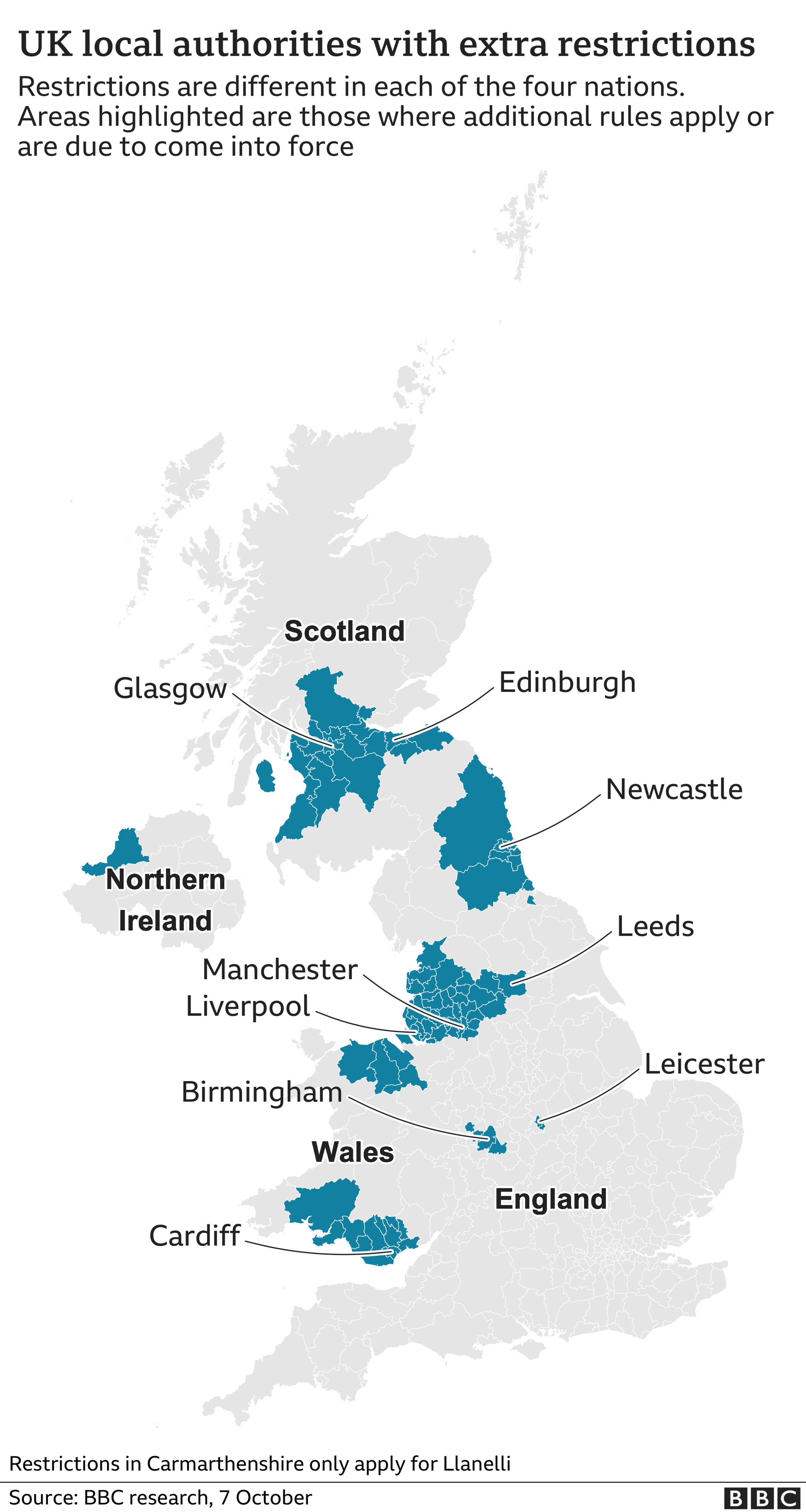




How are the restrictions affecting you? Share your experiences by emailing haveyoursay@bbc.co.uk, external.
Please include a contact number if you are willing to speak to a BBC journalist. You can also get in touch in the following ways:
WhatsApp: +44 7756 165803
Tweet: @BBC_HaveYourSay, external
Please read our terms & conditions and privacy policy
If you are reading this page and can't see the form you will need to visit the mobile version of the BBC website to submit your question or comment or you can email us at HaveYourSay@bbc.co.uk, external. Please include your name, age and location with any submission.
- Published9 October 2020
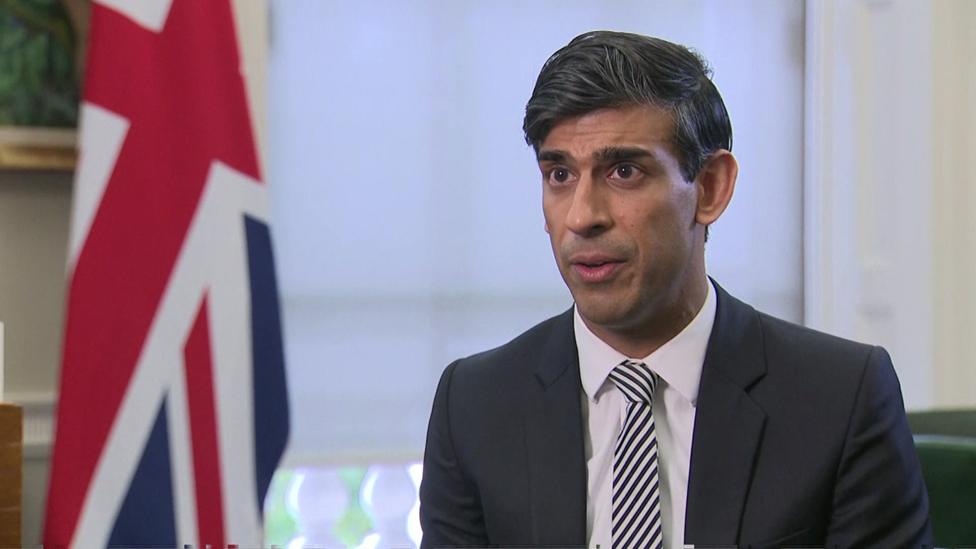
- Published30 September 2021
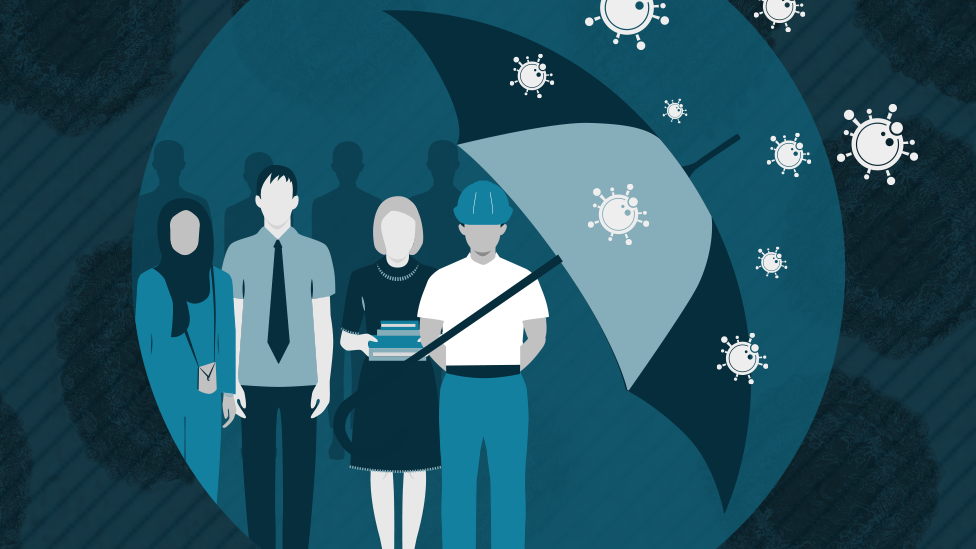
- Published26 January 2022
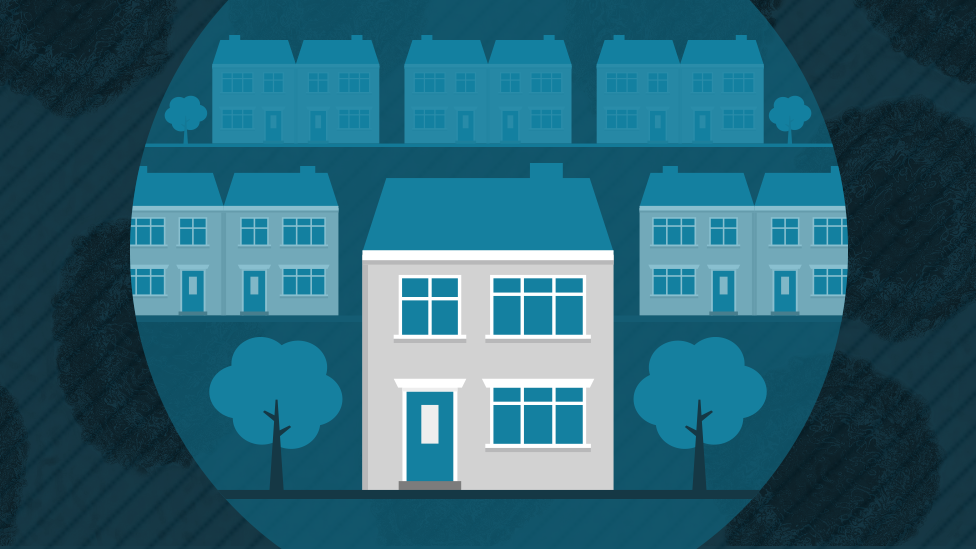
- Published5 July 2023
